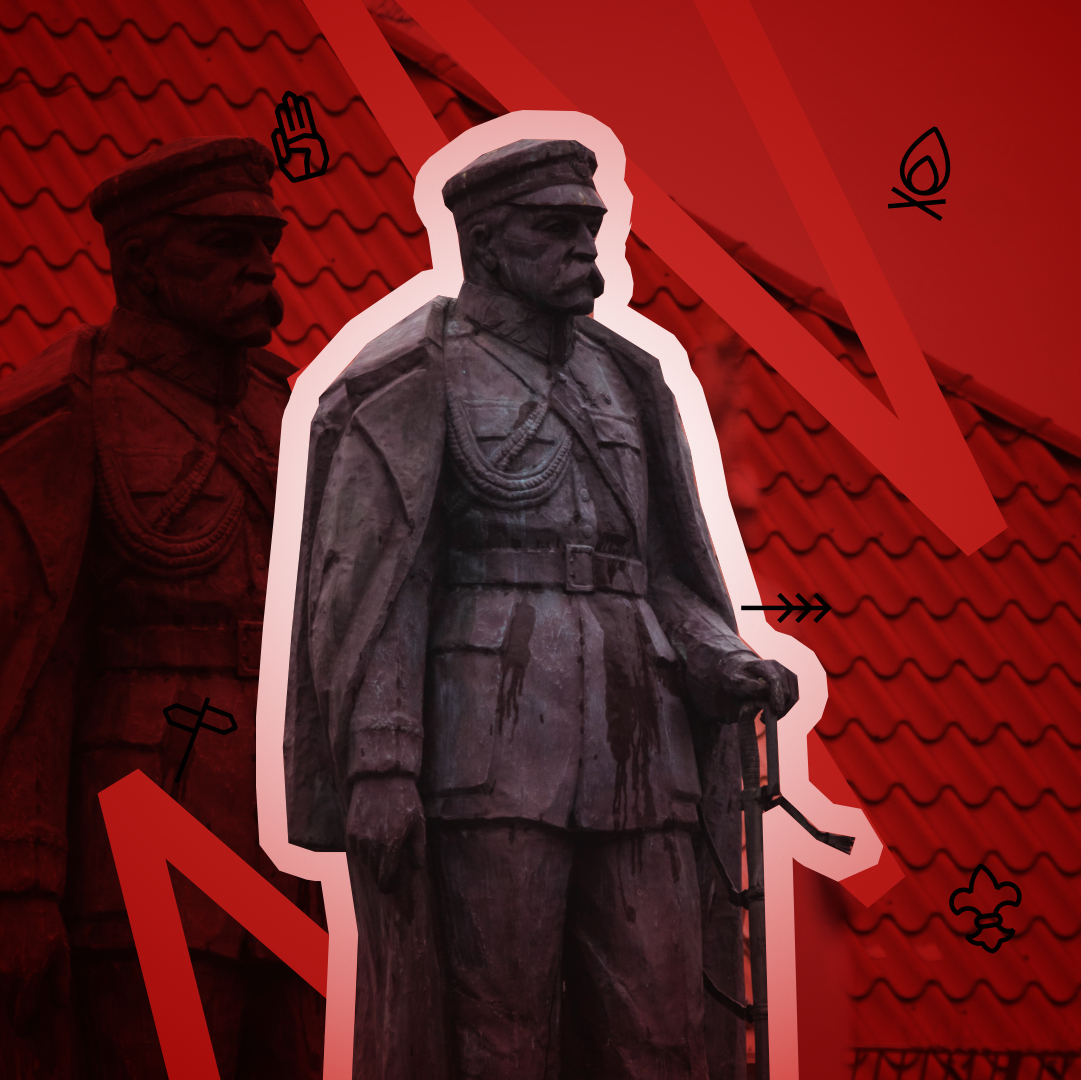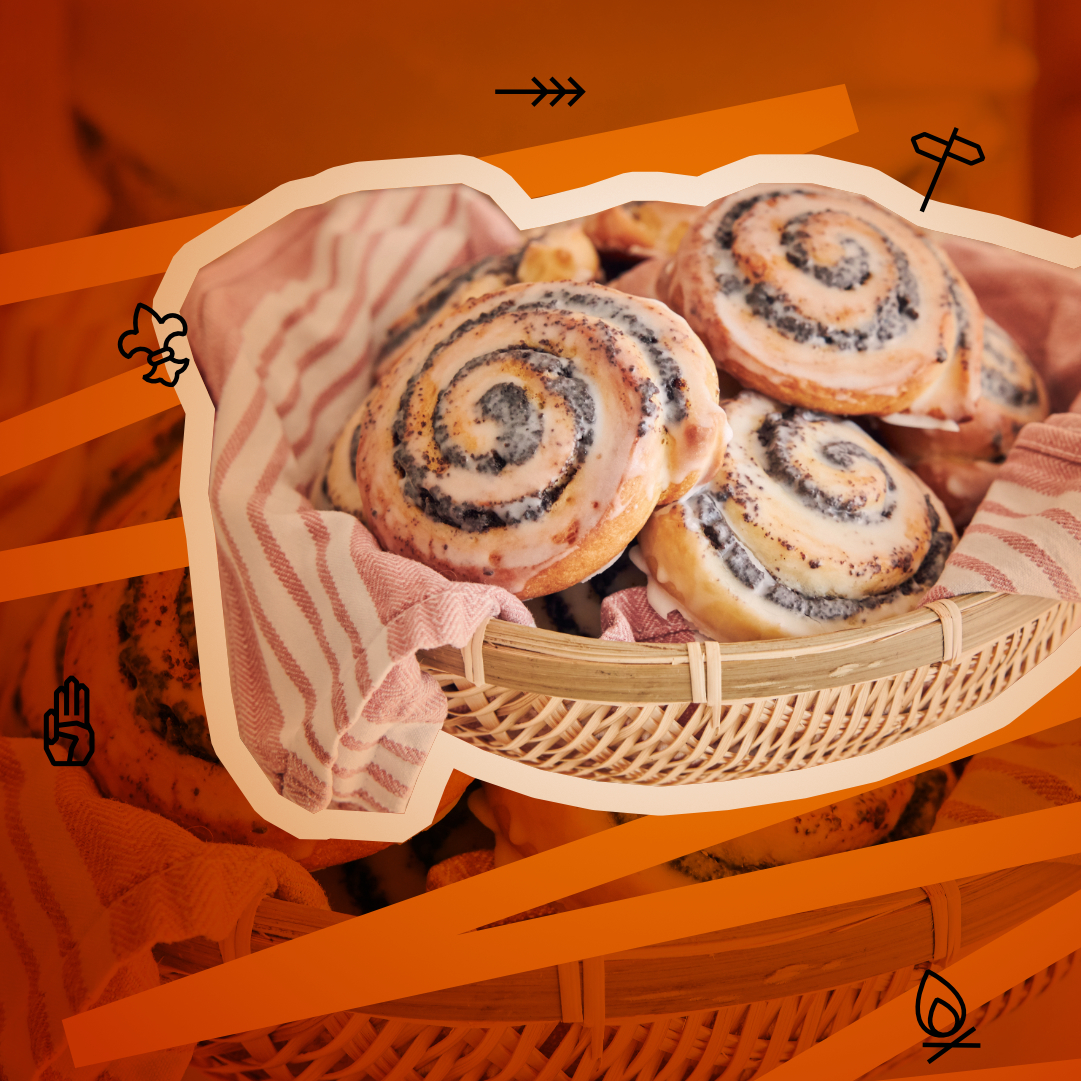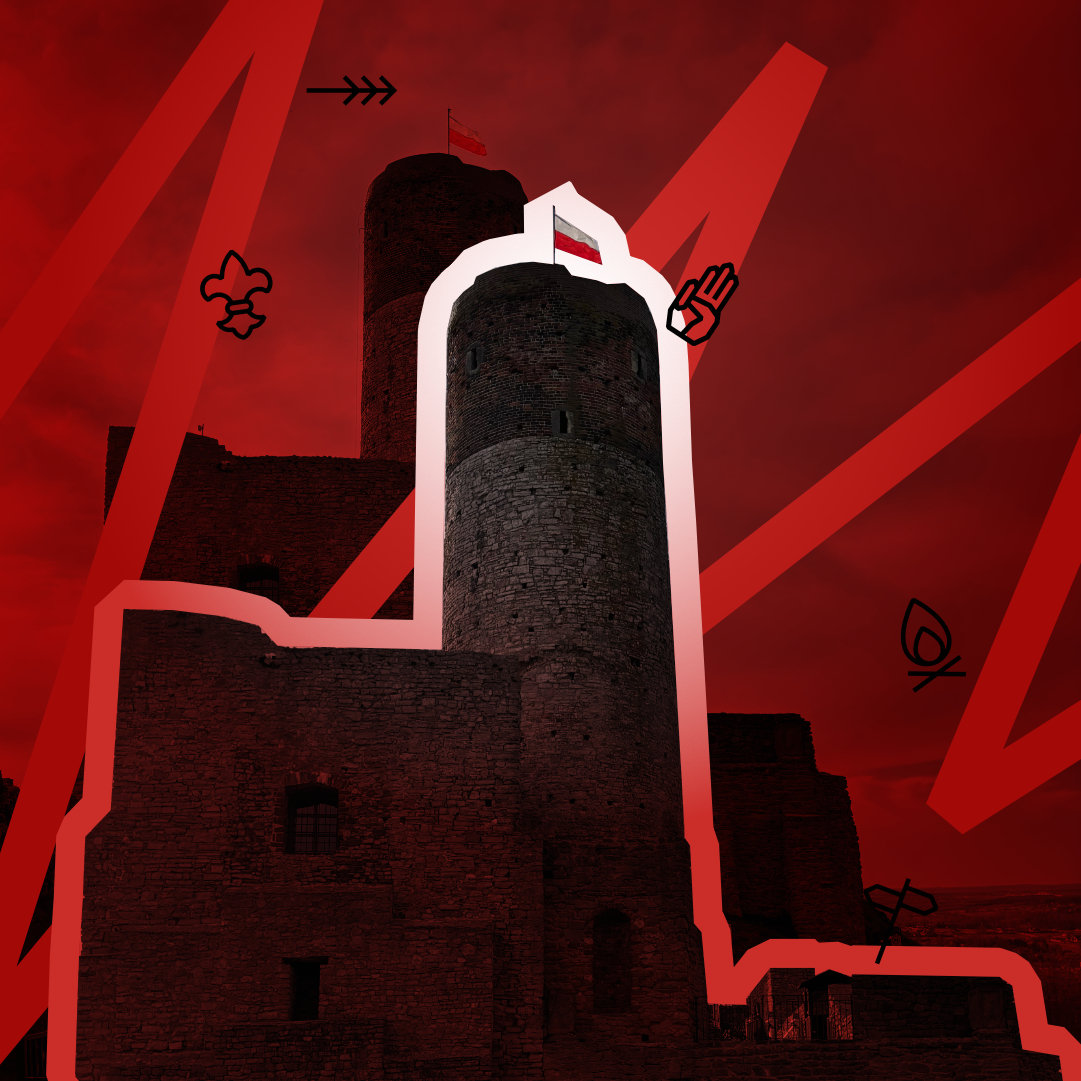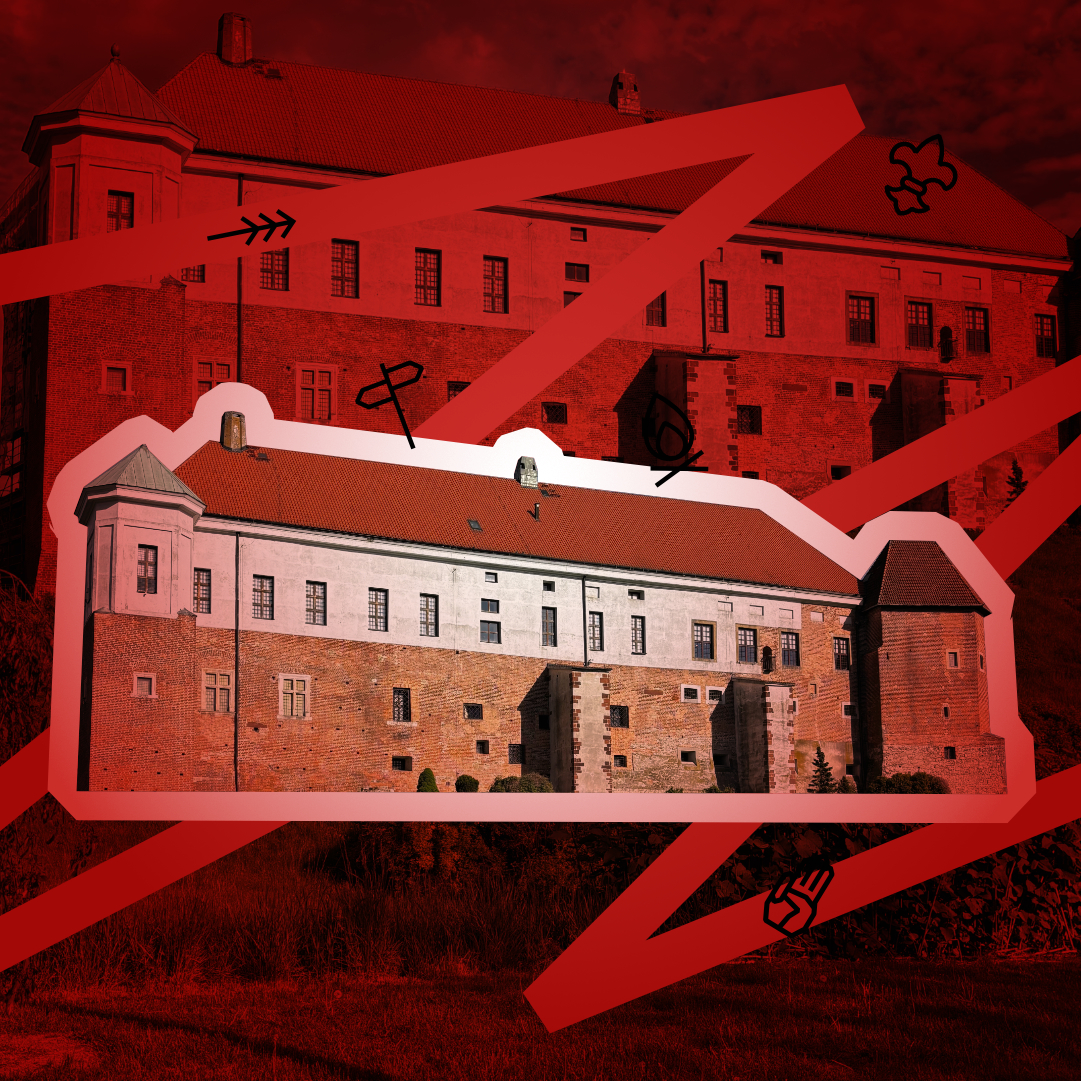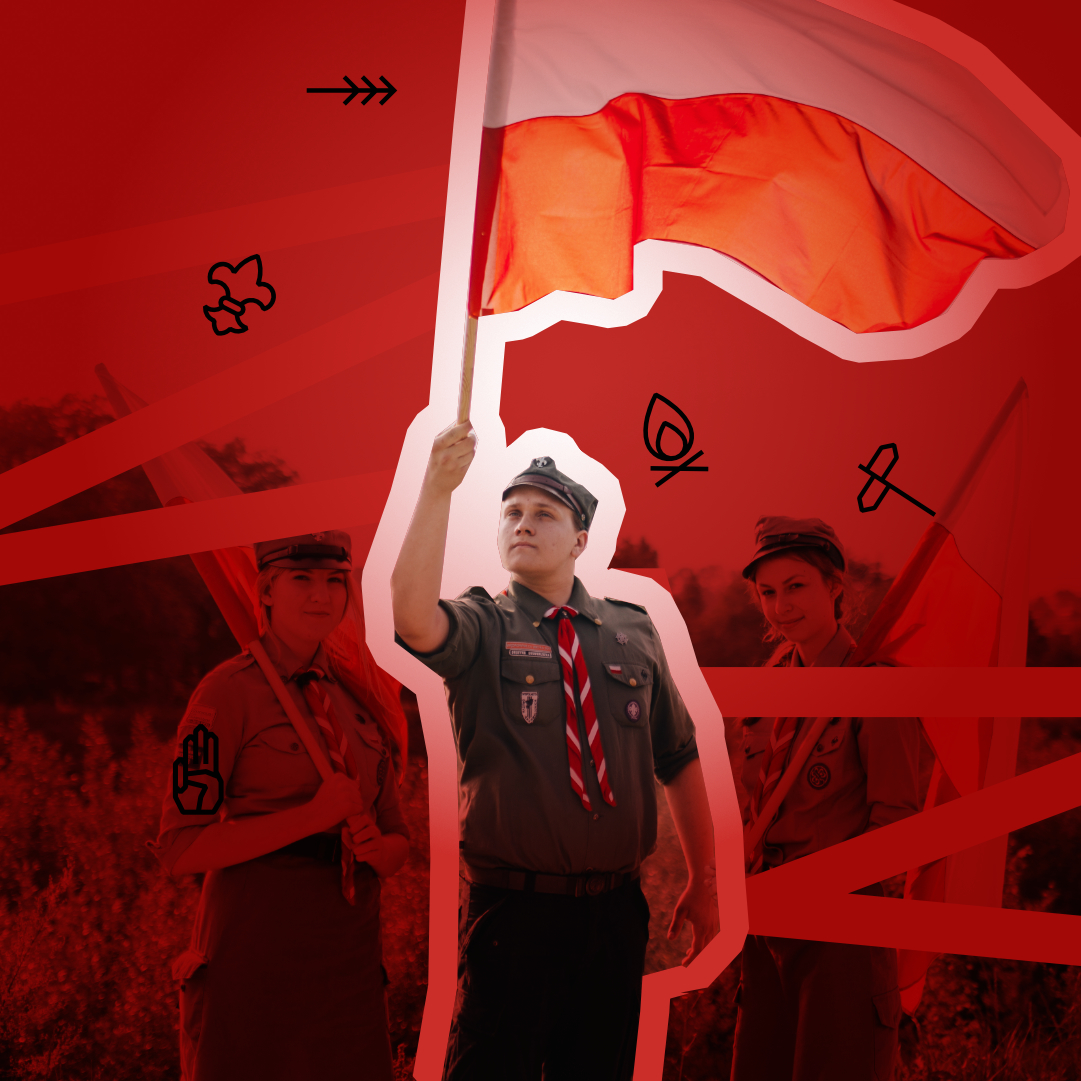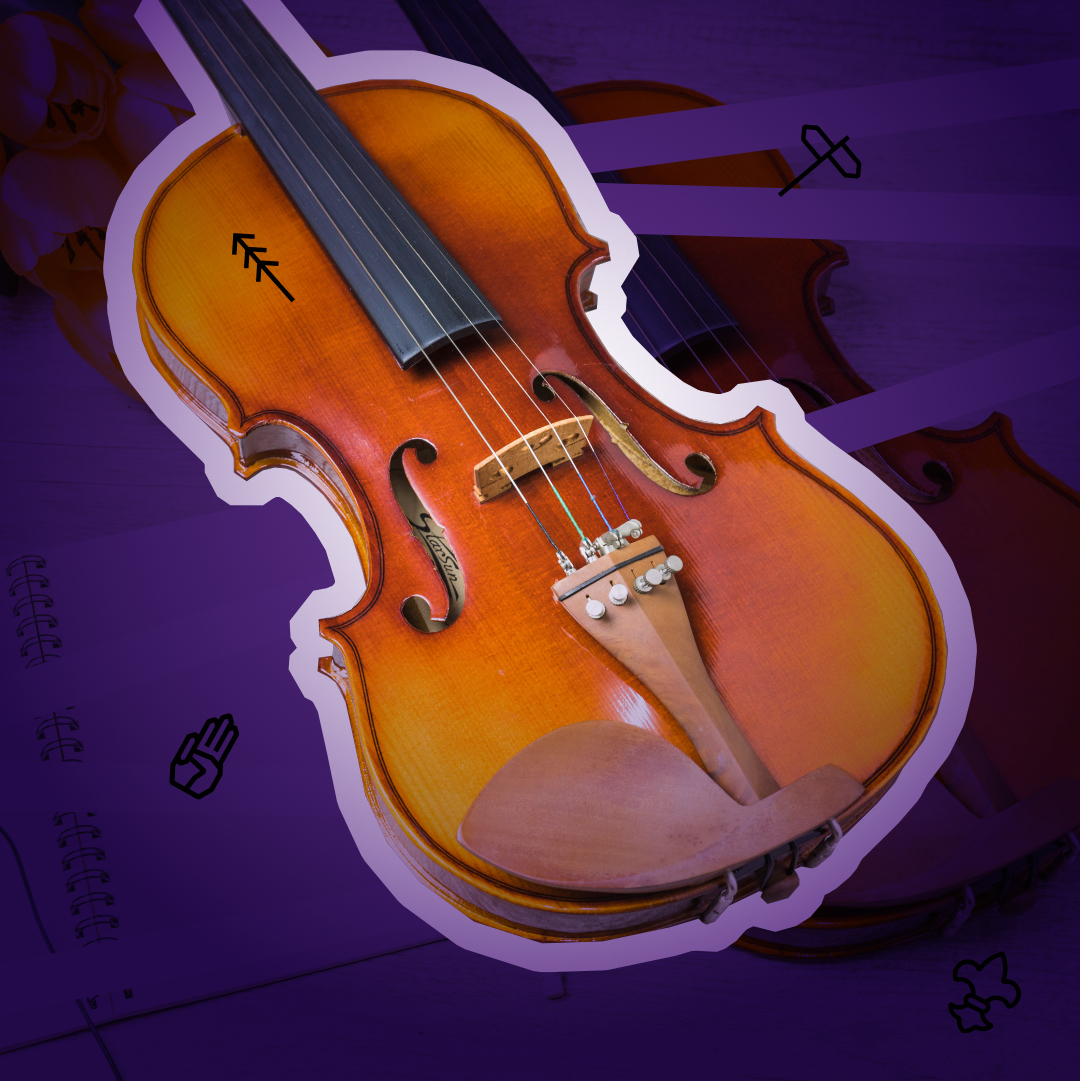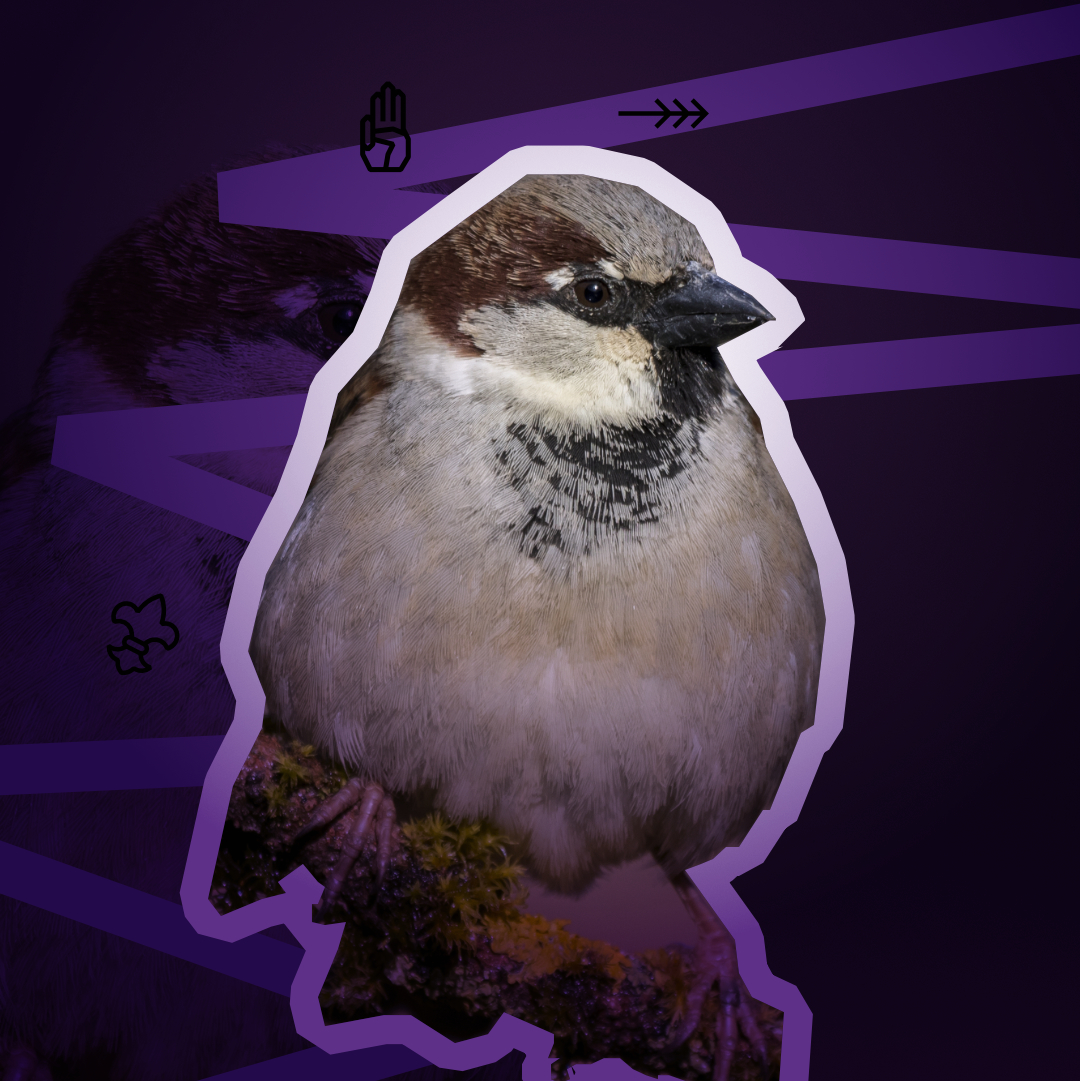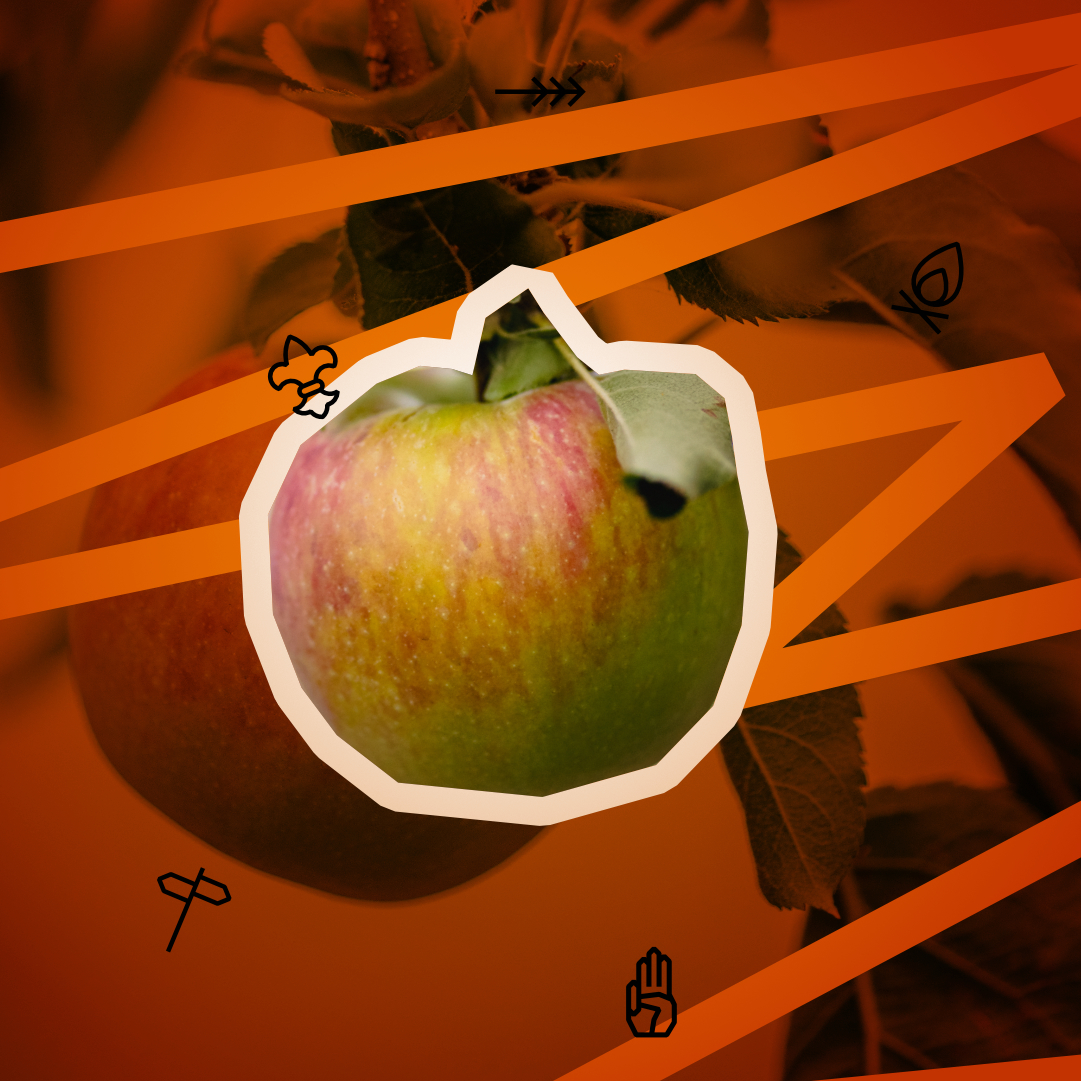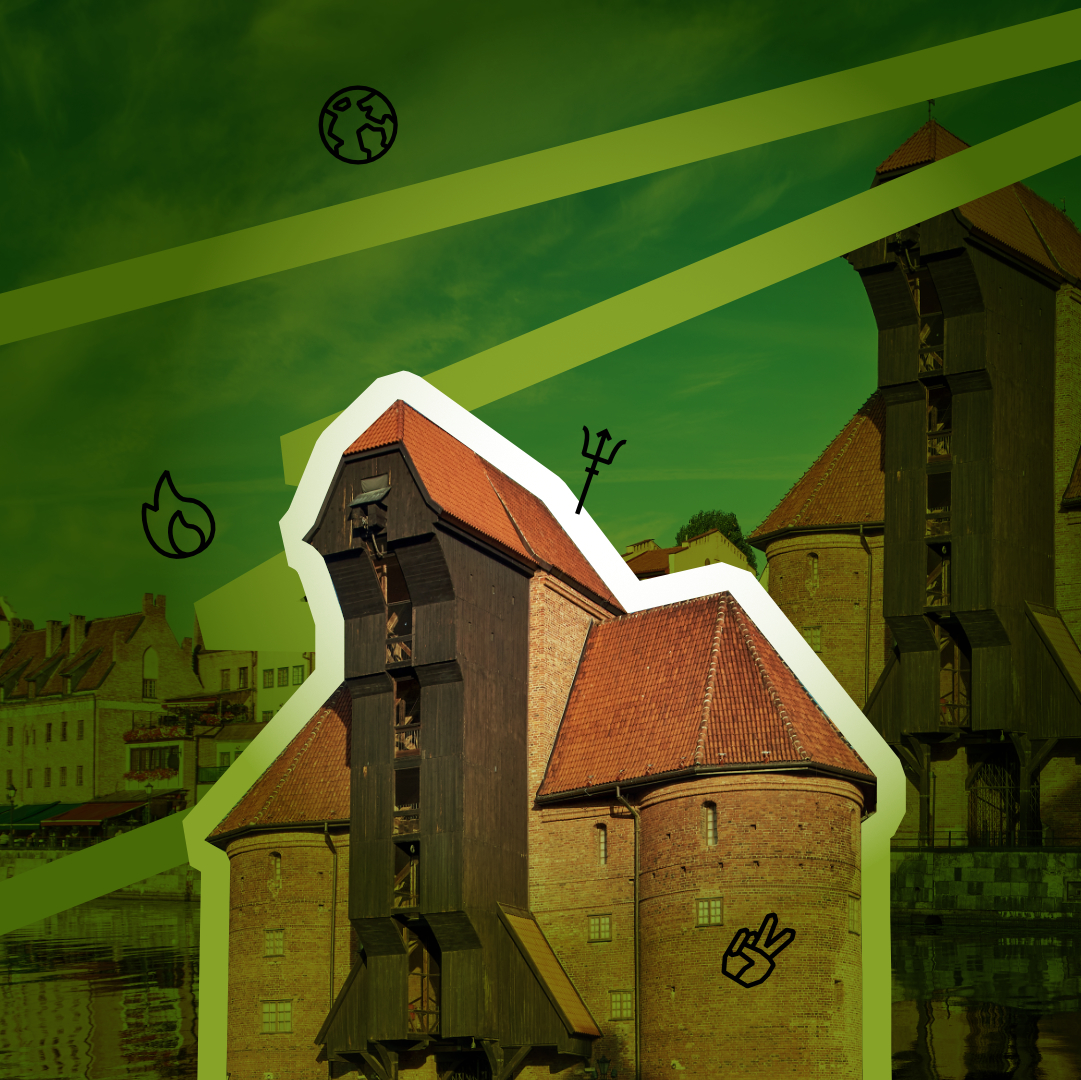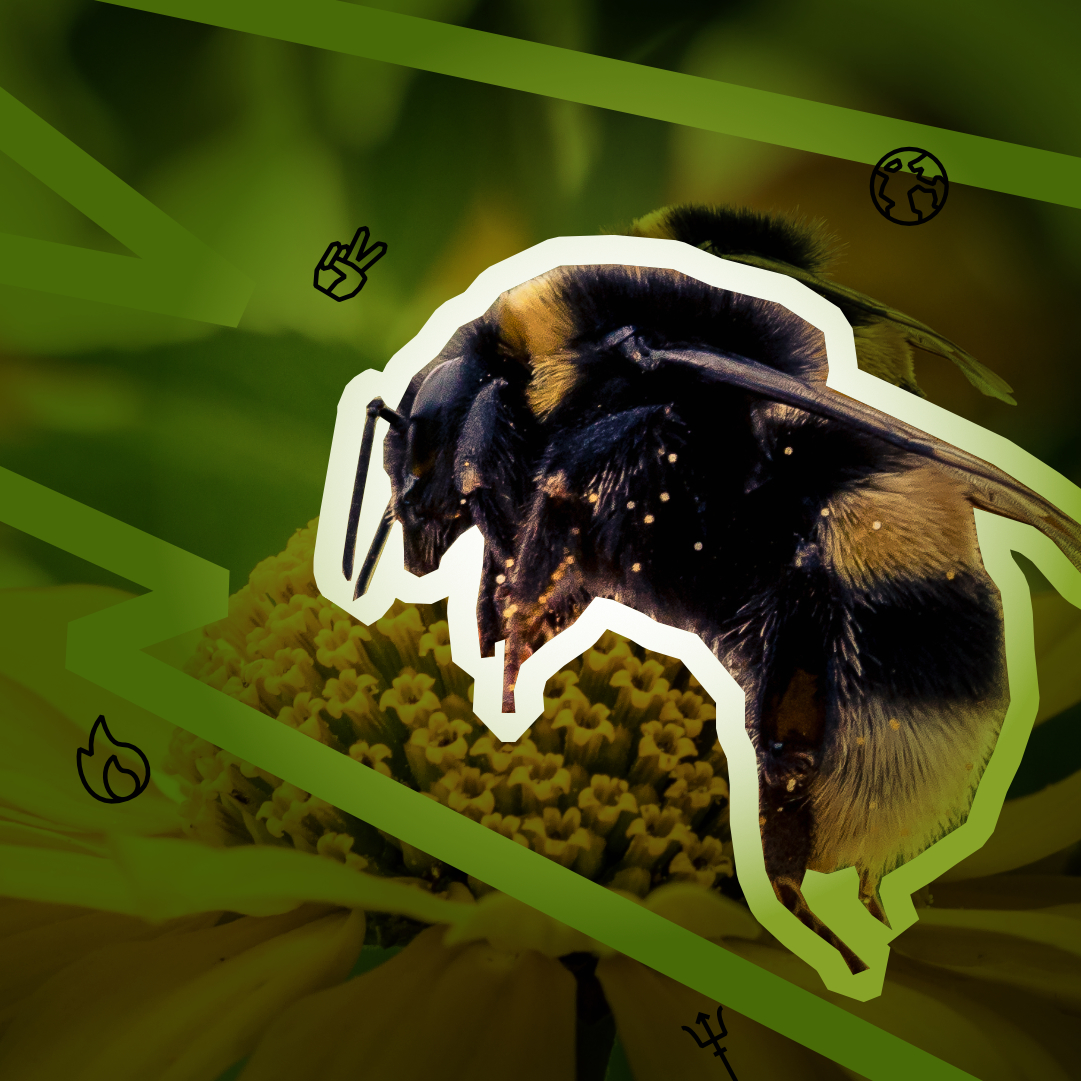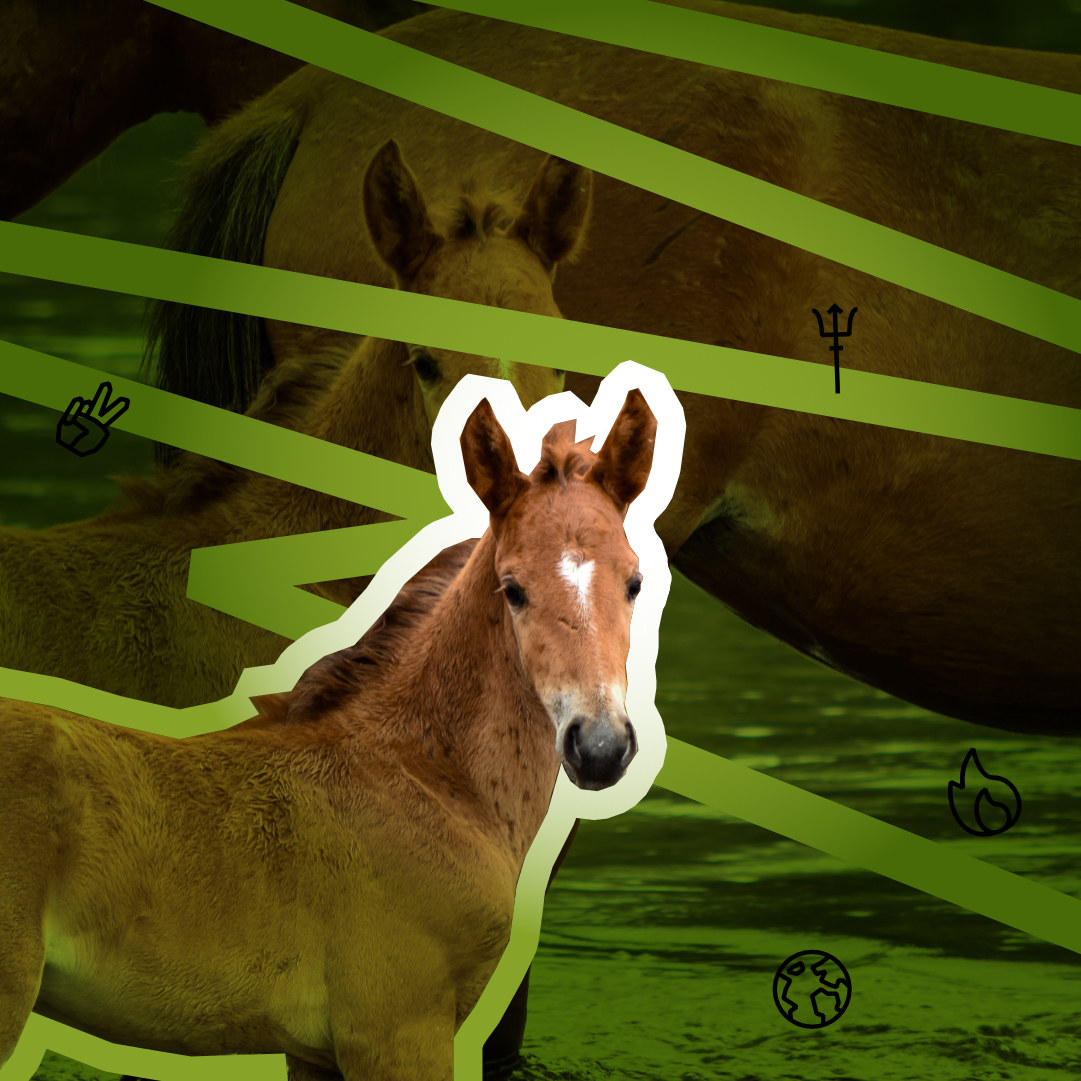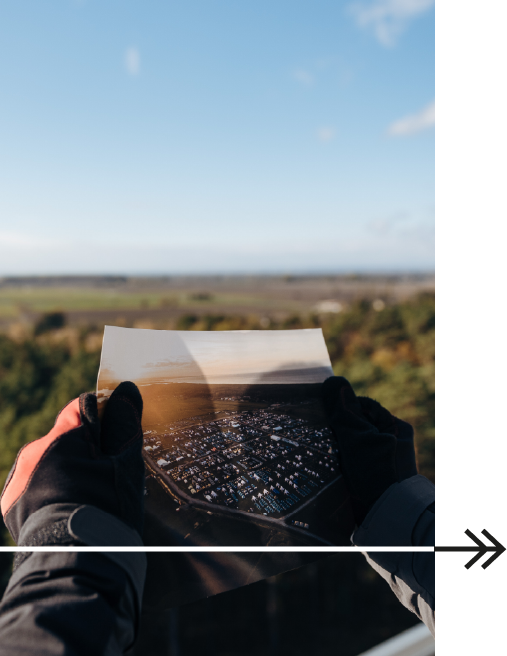This Privacy Policy applies to the collection, storage and processing of users’ personal data, on the Administrator’s websites. The Privacy Policy sets out the scope and purpose of the processing of personal data of website visitors, users of their contact forms, candidates for employees, candidates for associates, donors, stakeholders, fan pages.
The Administrator of the personal data is the Organising Committee of the XXXVI World Scout Jamboree (hereinafter: “ADMINISTRATOR”), with its registered office: 80-823 Gdańsk, ul. Za Murami 2-10. The Administrator can be contacted in writing, by postal mail to the address: 80-823 Gdańsk, ul. Za Murami 2-10 or by e-mail at: [email protected].
The Administrator has appointed a Data Protection Officer who can be contacted by email at: [email protected].
Personal data are processed on the basis of Regulation (EU) 2016/679 of the European Parliament and of the Council of 27 April 2016 on the protection of natural persons with regard to the processing of personal data and on the free movement of such data and repealing Directive 95/46/EC (General Data Protection Regulation) and the Act of 6 April 1984 on foundations.
We use your personal data that you have provided when contacting us (in particular your first name, surname, e-mail address and other data you have provided in the body of your message). The provision of this personal data is necessary in order to be able to make contact.
We use the aforementioned personal data in order to respond to the enquiry you have sent us. We are acting on the basis of our legitimate interest to provide you with contact – Article 6(1)(f) RODO. Personal data will be processed by the Administrator for a period of 5 years, after which the necessity of the data will be reviewed and possibly deleted.
The data does not originate from third parties.
The Administrator does not provide for automated decision-making.
We use your personal data that you have provided when contacting us (in particular your first name, surname, e-mail address and other data that you have provided in the content of the message addressed to the Administrator concerned). The provision of this personal data is necessary in order to be able to make contact.
We use the aforementioned personal data in order to respond to the enquiry you have sent us. We are acting on the basis of our legitimate interest in providing contact – Article 6(1)(f) RODO. Personal data will be processed by the Administrator for a period of 5 years, after which the necessity of the data will be reviewed and possibly deleted.
The data does not originate from third parties.
The Administrator does not provide for automated decision-making.
The processing of personal data is carried out for the purpose of exchanging personal data in the context of business contacts. We are acting on the basis of our legitimate interest – Article 6(1)(f) RODO. Personal data may come from third parties, among others: employees, colleagues, contractors, customers, officials, in connection with our business. Personal data will be processed indefinitely.
The administrators do not envisage automated decision-making.
By placing social media buttons on our websites (Facebook, Instagram, YouTube, Twitter, TikTok, LinkedIn), we give the operators of these websites the opportunity to collect the personal data of the users of our websites and further process it for the purposes specified by these operators. We do this in two ways:
Firstly, we refer you with the click of a button to the website of the relevant social network where you can like or follow our fanpage, as well as recommend it to your friends; your activity on the social networks is tracked by the operators of these networks and the data thus collected is used by them for, among other things, behavioural marketing purposes; this only applies to users of our sites who are subscribed to the social network services;
Secondly, we enable social network operators to place cookies on your device so that they can track your activity on various websites; the data collected in this way is used by them for, among other things, behavioural marketing purposes; this applies to all users of our websites regardless of whether they are subscribed to social network services; The purpose of us placing social network buttons on our websites is to enhance the attractiveness of these websites.
We are acting on the basis of our legitimate interest (legal basis for the use of data provided for in Article 6(1)(f) of the DPA), which is to promote and publicise the Administrator’s activities.
In connection with the fulfilment of the purposes described above, we do not store data of a personal nature. Such data may, however, be stored – due to their self-defined purposes – by operators of social networks. However, this is outside any agreement with these operators.
We use your personal data that we collect in connection with visits to our fan pages on social networks (Facebook, Instagram, YouTube, Twitter, TikTok, LinkedIn) and activity on these fan pages, including information about following and liking the fan page, posting, commenting on content published on the fan page, reacting to content published on the fan page and sharing content published on the fan page with other users, etc.). This information, in accordance with the nature of social networks, is public to all or some of the other users of these networks. We use your personal data for the purpose of operating the fanpage, including the development of compelling content and making it available to users of the social networks.
We act on the basis that the use of the data is necessary for the performance of the contract for the provision of electronic services. The legal basis for the use of data provided for in Article 6(1)(b) of the RODO.
The processing of personal data is carried out in order to carry out the recruitment procedure, to the extent specified in the provisions of the labour law – Article 6(1)(b), (c) RODO – on the basis of the Act of 26 June 1974 Labour Code and in order to establish, investigate or defend against claims – Article 6(1)(f) RODO. In addition, personal data may be processed beyond the provisions of employment law on the basis of the consent given – Article 6(1)(a) RODO.
It is also possible that personal data may be processed for the purpose of future staff recruitment if consent is given – Article 6(1)(a) RODO.
If in the recruitment documents, the data referred to in Article 9(1) of the RODO are included, the processing of personal data takes place only on the basis of consent – Article 9(2)(a).
In the case of unsuccessful candidates, personal data will be processed until the end of the recruitment process and then for a period of 3 years in order to establish, assert or defend claims. In the case of consent for the processing of personal data in subsequent recruitments, data will be stored for a period of 1 year.
In the case of candidates with whom an employment contract has been concluded, the data are included in the employee’s personal file and stored in accordance with the law.
The data does not come from third parties.
The administrator does not provide for automated decision-making.
The processing of personal data is carried out for the purpose of conducting the recruitment procedure, within the scope of civil law – Article 6(1)(b), (c) RODO – on the basis of the Civil Code Act of 23 April 1964 and for the purpose of establishing, investigating or defending against claims – Article 6(1)(f) RODO.
It is also possible to process personal data for the purpose of future recruitment of associates if consent is given – Article 6(1)(a) RODO.
If in the recruitment documents, the data referred to in Article 9(1) of the RODO are included, the processing of personal data takes place solely on the basis of consent – Article 9(2)(a).
In the case of unsuccessful candidates, personal data will be processed until the end of the recruitment process and then for a period of 3 years in order to establish, assert or defend claims. In the case of consent for the processing of personal data in subsequent recruitments, data will be stored for a period of 1 year.
In the case of candidates with whom a collaboration has been concluded, the data are included in the personal file of the collaborator and stored in accordance with the law.
Data does not originate from third parties.
The administrator does not provide for automated decision-making.
We use your personal data regarding your activity on our websites, which includes the content of HTTP requests made to our server by your device (URL, IP address, browser type, operating system, browser language, date and time of the request, cookie ID, page resources viewed). The data collected in this way is stored in server logs. We use your personal data to administer the server, to ensure its security and for statistical purposes. We are acting on the basis of our legitimate interest (Article 6(1)(f) RODO).
Cookies are IT data, in particular text files, stored on users’ terminal equipment for the use of websites. Cookies identify the User, allowing the content of the website they use to be tailored to their needs. By remembering your preferences, it makes it possible to tailor the content aimed at you,
including advertising. The Personal Data Administrator uses Cookies to guarantee the appropriate standard of convenience of the Website, and the data collected is only used internally to optimise operations.
Cookies are used in order to:
1. adapting the content of the Website to the User’s preferences;
2. optimising the use of the Website, in particular by recognising the User’s terminal equipment,
3. creation of statistics,
4. maintaining a User session,
5. provision of advertising content to the User.
The data collected is used to monitor and check how Users use the Website, in order to improve the functioning of the Website providing a more efficient and seamless navigation.
Please note that in some cases, beyond the Owner’s control, the software installed by the User on the terminal device used to browse the website (e.g. Internet browser) introduces the default storage of Cookies on the User’s terminal device. Users may change their settings regarding Cookies at any time. These settings can be changed, inter alia, in such a way as to block the automatic setting of Cookies or inform about their each time they are placed on the User’s terminal equipment. Detailed information in this regard is available in the settings and instructions of the software (web browser).
The User may, at any time, disable or restore the option of collecting cookies by changing the settings in their Internet browser. Changing the settings constitutes an expression of objection, which, in the future, may impede the use of the Website. Completely deactivating the option of accepting cookies will not mean that you will not be able to view the content on the Website, with the exception of those whose access requires a login. Failure to change the settings means that data will be placed on the User’s terminal equipment (use of the Website will result in automatic placement of Cookies on the User’s terminal equipment).
The data stored on the User’s terminal equipment do not cause any configuration changes in the User’s terminal equipment or in the software installed in that equipment. The information regarding Cookies also applies to other similar technologies used within the Service.
Our website contains links to other websites. We cannot be held responsible for the privacy practices of these websites. We urge you to read the privacy policies set out there when you go to those other sites. This Policy applies only to the website operated by the Administrator.
We disclose your personal data to: Microsoft Sp. z o.o., cyber_Folks S.A., Polish Scouting & Guiding Association, Google Analytics.
The Administrator may transfer personal data to a third country in connection with the cooperation with the World Organization of the Scout Movement – WOSM.
In addition, personal data may be disclosed to public authorities on the basis of the law and to entities cooperating with us on the basis of agreements concluded for the entrustment of personal data processing.
In relation to our use of your personal data, you may request from us:
You may object to the use of your personal data based on our legitimate interest (Article 21 RODO). As a result of your objection, we will consider whether, for reasons relating to your particular situation, your rights and freedoms take precedence over considerations of protecting the confidentiality of the personal data we process.
You can withdraw the consent you have given for the use of your personal data at any time (Article 7 RODO). The withdrawal of consent does not affect the lawfulness of their use on the basis of consent before its withdrawal.
You have the right to lodge a complaint in relation to the use of your data to the President of the Office for Personal Data Protection 2 Stawki Street, 00-193 Warsaw. You may lodge a complaint electronically, in writing or orally into the minutes at the office of the President of the Office.
We may amend and supplement the Privacy Policy as required. We will inform you of any changes or additions by posting relevant information on our websites, and in the case of significant changes we will inform you directly at the indicated e-mail address.

